(Alexandria, Va.) – Argentum said that in an economy experiencing the lowest unemployment rate since 1969 at 3.6 percent, it is imperative that the ongoing struggle for senior living providers to find workers is not going to go away overnight and requires congressional action to spur federal workforce development like those measures contained in the SENIOR Act.
This bold bipartisan legislation made necessary first by the COVID pandemic, and now by the deepening workforce shortage crisis, is aimed at maintaining seniors’ homes in the assisted living, memory care, and other senior living settings. Facing financial strife from the pandemic is still a challenge for these care communities, but finding and keeping workers is now a chronic issue that started before the pandemic and has only worsened.
“The legislation stands for the Safeguarding Elderly Needs for Infrastructure and Occupational Resources Act and is not just about requesting COVID relief from Washington,” said James Balda, president and chief executive officer, Argentum.
“It includes a measure to increase the investment in existing workforce development programs under the Dept. of Health and Human Services through four-year grants totaling $1 million per entity to help develop a geriatric care workforce.”
The first bill targeting senior living for assistance, the SENIOR Act would create a caregiver sustainability fund appropriating $10 billion in new federal funding to assisted living caregivers that demonstrate significant and uncompensated COVID-19 related losses due to direct senior care.
Rep. Lori Trahan (D-Mass.), one of the two original co-sponsors of the bill with Rep. Brian Fitzpatrick (R-Pa.), said it is obvious from the May jobs report released on June 3 that robust job growth is making competition for workers ever more difficult.
“Although we’ve reached record low unemployment levels, senior living facilities are experiencing disproportionate staffing shortages, and it’s negatively affecting the residents they serve. The SENIOR Act will deliver critical federal assistance to caregivers and residents in senior living facilities across the country. We need to get it done,” Trahan said.
Sharing in support of the SENIOR Act, Rep. Fitzpatrick said: “Our nation has a long history of valuing the seniors who worked so hard to provide for future generations, and this legislation ensures that they have the critical resources and caregivers to age with dignity. Workforce shortages are plaguing the U.S. and no one knows this better than senior living facilities. It is our duty to provide care for those who have cared for us.”
The SENIOR Act specifically would:
1) Create a Caregiver Sustainability Fund for struggling caregivers. The SENIOR Act establishes a Caregiver Sustainability Fund (CSF) to ensure that critical caregivers who are still struggling financially due to extreme COVID-related losses and insufficient federal relief—such as assisted living communities—can keep their doors open. Assisted living caregivers incurred over $30 billion in losses while keeping seniors safe during the pandemic yet received less than 1% of the Provider Relief Fund. The majority now operates at a financial loss. The CSF would stabilize assisted living caregivers and other senior congregate caregivers who can demonstrate significant and uncompensated COVID-related losses due to direct senior care.
2) Grow the senior caregiver workforce. The SENIOR Act builds upon existing workforce programs that have proven successful in meeting our nation’s varying healthcare requirements. Specifically, it bolsters workforce development programs within the Health Resources & Services Administration (HRSA) by emphasizing geriatric care and the needs of this vulnerable population. Expanding the caregiving workforce and increasing the number of individuals eager to serve our nation’s seniors will address the systemic workforce shortages that have been exacerbated by COVID.
To learn more, see the SENIOR Act fact sheet HERE.


 Mailing List
Mailing List